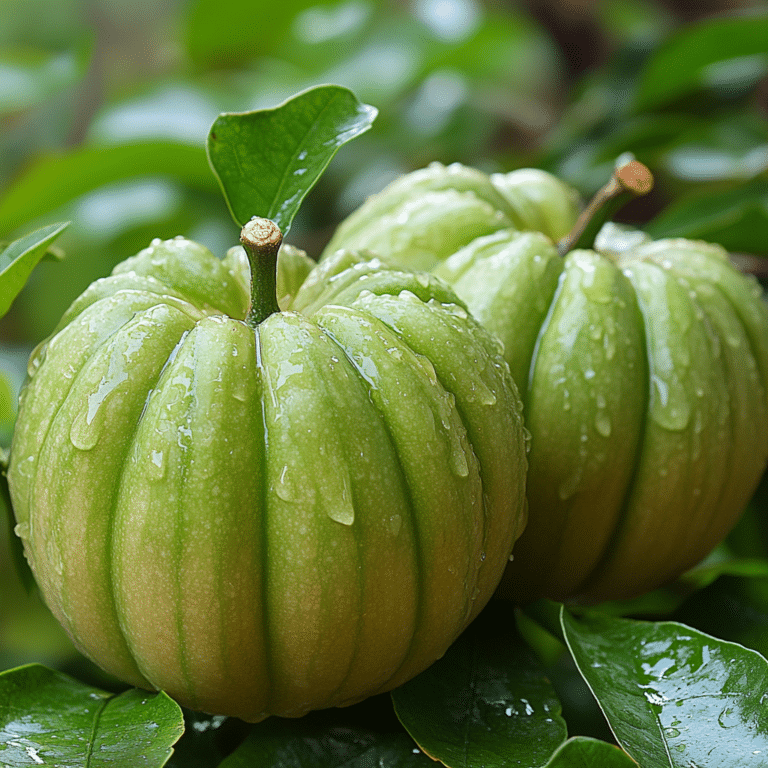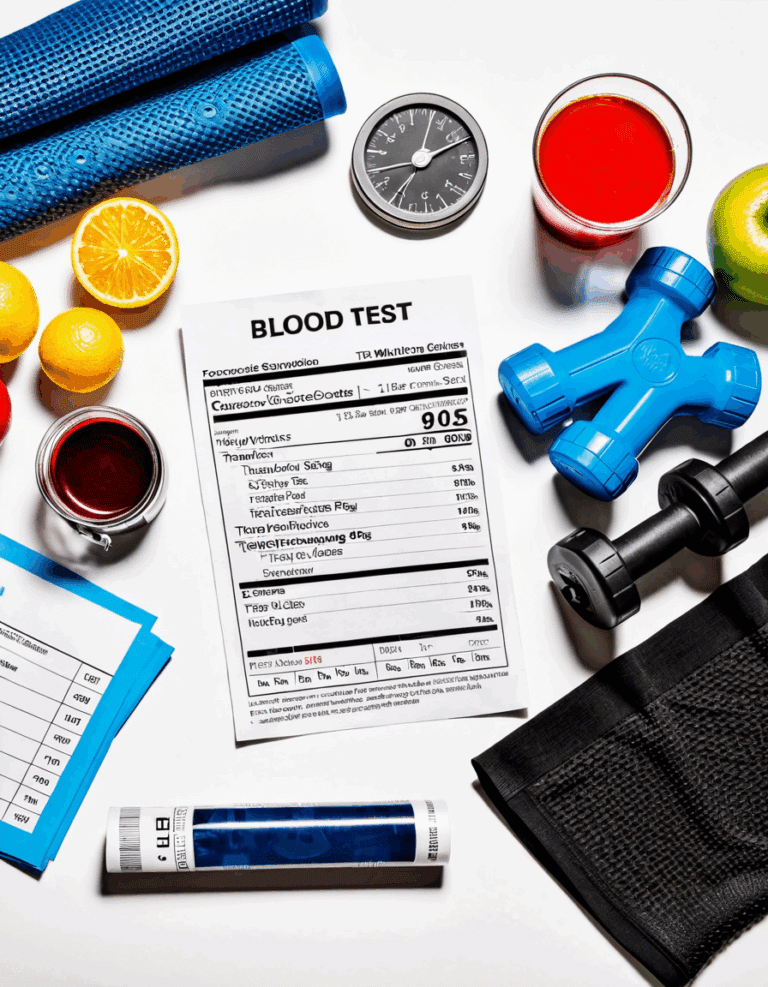Life can often feel like a heavyweight championship. At one moment, you’re on top of the world, feeling strong and invincible. Yet, the next moment, stress and tension can bring you crashing down. The fight flight freeze fawn response is a psychological term that explains how individuals react to intense stress. This emotional rollercoaster not only affects our mental well-being but also shapes our behaviors, relationships, and even our health. Let’s dive deep into this fascinating psychological concept and discover how understanding it can change your life for the better.

7 Ways the Fight Flight Freeze Fawn Response Shapes Your Mental Landscape
1. Fight Response: Confrontation or Aggression?
When faced with a threat, someone may take the fight route. Think of individuals like Malala Yousafzai. Her fierce advocacy for girls’ education shows how to channel fear and adversity into purposeful strength. However, embracing the fight response can be a double-edged sword. Excessive aggression can lead to toxic relationships and clash with others. Identifying this behavior in yourself can be a game-changer for creating healthier connections.
2. Flight Response: The Escape Artist in Us
Then there’s the flight response, the urge to avoid danger. This can manifest in withdrawing from relationships or responsibilities. Take Meghan Markle, who stepped back from royal duties to seek peace amid mounting pressures. Her story illustrates how the flight response can stem from anxiety, guiding those who struggle to confront their fears. By exploring this flight mechanism, you can tackle those avoidant tendencies effectively.
3. Freeze Response: The Paralysis of Fear
The freeze response may feel like a state of paralysis. It’s that moment when fear grips you, and you can’t move forward. Research shows this often originates from past traumas. Understanding the science behind it can provide insight into breaking free from fear. Therapists suggest techniques like mindfulness and grounding to overcome this paralysis and regain control of your life.
4. Fawn Response: Seeking Approval at All Costs
Not everyone fights or flees. Some individuals resort to the fawn response—people-pleasing and sacrificing their own needs. This behavior is common among social media influencers trying to match the expectations of their audience. Experts suggest establishing firm boundaries to protect your well-being. Recognizing the fawn response in yourself can empower you to prioritize your own needs.
5. Connection to Physical Health: Eczema on Face as an Extremity of Stress
Stress responses can go beyond mental health complications; they can also impact your physical well-being. Conditions like eczema on face flare up due to stress, creating a vicious cycle. By treating both mental wellness—through therapy—and physical symptoms, individuals can create a more balanced approach to overall health. Understanding this connection is vital for anyone striving for both a ripped physique and serene mind.
6. A Deeper Look: The Anatomy and Behavior Behind Fight Flight Freeze Fawn
Neuroscience reveals the role of the amygdala in triggering these responses. Dr. David Eagleman explains how our reactions may be subconscious, often pushing us to default to these patterns when stressed. Gaining cognitive awareness is crucial for emotional health, as it can help disentangle your actions from destructive patterns for a more positive mental landscape.
7. Addressing the Cutoff: How Taboo Fantazy and Stress Responses Intersect
Engaging in forbidden thoughts or fantasies often serves as a coping mechanism. Yet, they can lead to isolation or anxiety, prompting individuals to address their underlying stressors. Therapists frequently work through these themes, guiding clients back to healthier coping strategies. Awareness of how fantasy interacts with stress responses can pave the way for deeper understanding and resilience.

The Fight Flight Freeze Fawn Dynamic in Daily Living: Real-World Applications
Recognizing the fight flight freeze fawn responses can empower you to make informed choices. Imagine navigating a social event where you feel overwhelmed. Instead of turning to substances like mezcal vs tequila for an escape, understanding your instinct can help you face the situation head-on. By being aware of these tendencies, you can make decisions that support your recovery journey and lead to healthier habits.
Innovative Strategies for Harnessing Your Responses
Embracing the fight flight freeze fawn response gives you the tools to reclaim your narrative. Self-reflection, support groups, or developing an action plan when faced with triggering situations can be transformative. For someone grappling with anxiety or side effects of medications like Topamax, education and community can catalyze healing.
Ultimately, understanding your instinctual reactions helps build strength—not just physical strength for getting shredded but emotional resilience. Life is a constant battle; the more you learn about yourself, the better prepared you are to win it. Relying on the lessons of others and delving into your unique experiences will pave the way for growth and empowerment.
Conclusion
Life is a tough fight, filled with unexpected challenges. But, by understanding fight flight freeze fawn, you can turn these challenges into triumphs. Whether it’s facing your fears, managing stress, or building healthier relationships, knowledge of these responses can guide you on your journey to strength. And remember, getting shredded is as much about mental fortitude as it is about physical prowess. So, channel that inner warrior and take control of your mind, body, and spirit—because greatness lies within you!
Fight Flight Freeze Fawn: Fun Trivia and Fascinating Facts
The Basics Behind Your Response
Did you know that the “fight flight freeze fawn” response has deep evolutionary roots? When faced with danger, our bodies instinctively choose one of these reactions to enhance our chances of survival. It’s like a built-in alarm system! When the fight or flight instinct kicks in, your heart races, and you often feel a surge of adrenaline, preparing you for action. Speaking of science, have you ever wondered how big is the sun? The sheer size of our star is mind-boggling, just like the complexity of our emotional responses.
Intriguing Links to Stress and Behavior
Interestingly, our physical and mental responses to stress can have very real effects on our health. For instance, heightened stress can lead to skin conditions like eczema on hands, a painful reminder of our mental battles. On the flip side, some folks might find themselves engaging in the “fawn” response, where harmony is sought over confrontation. It’s fascinating how the brain is wired to protect us, but at times it might lead us to avoid important issues.
Coping and Connecting
Finding ways to cope with stress can sometimes feel overwhelming. But there’s always a way to find comfort. For instance, slipping on a cozy pair of ugg tasman slippers can do wonders for your mood! And if you ever find yourself feeling lost in thought, remember to breathe. If you’re looking for more emotional insights, you might even uncover, through enlightening discussions, what sundowning really means for those experiencing cognitive decline. All these factors contribute to how we process emotions linked to the “fight flight freeze fawn” responses.
There’s a whole universe of adaptive strategies to explore. Whether it’s engaging with our favorite activities, like foraging chanterelles, or simply connecting with friends, it’s crucial to find your own way to navigate the highs and lows of life. Next time you feel that rush of adrenaline, remember these fascinating facts about fight flight freeze fawn, and know you’re in the company of many who feel the same way.



























